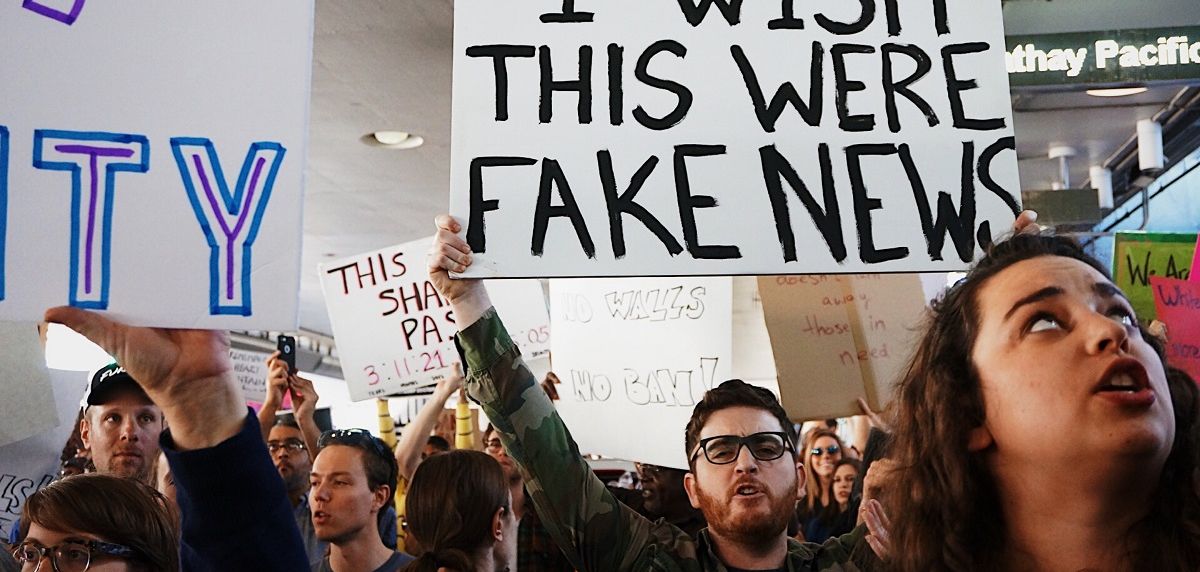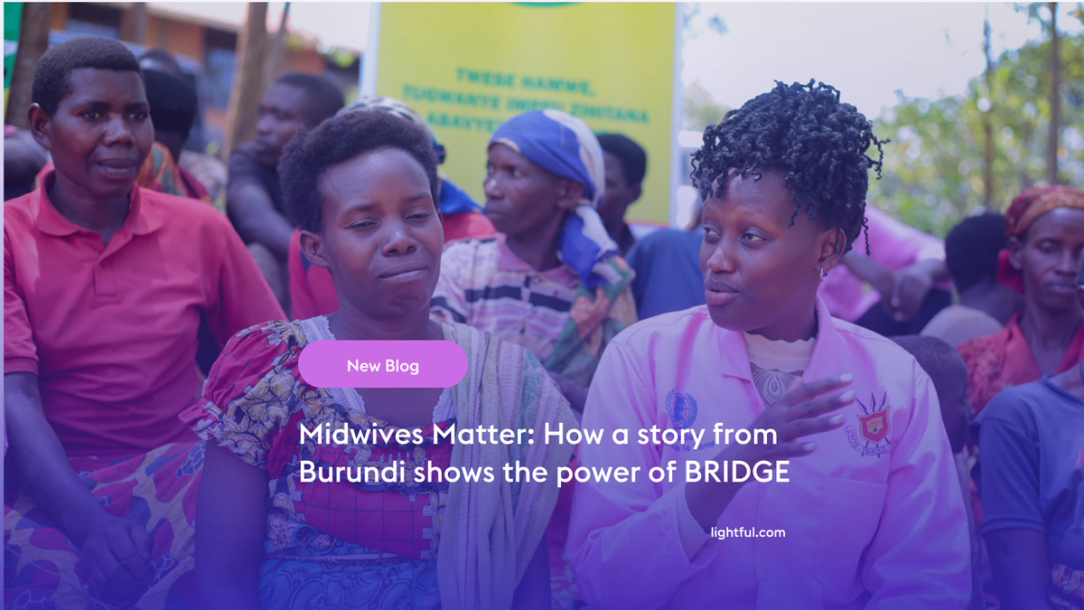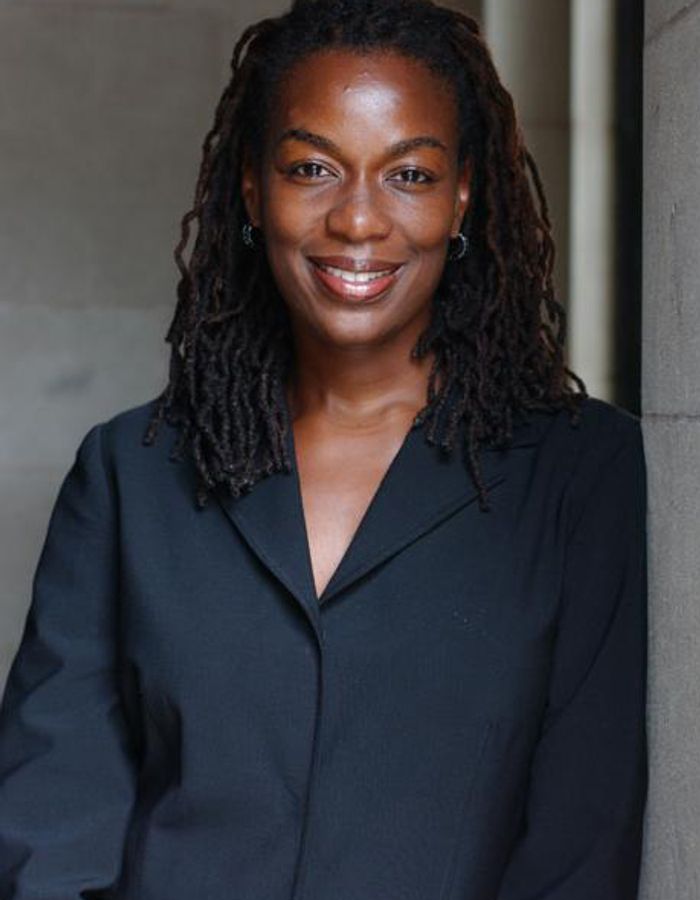How to handle a crisis on social media

Let’s face it, no one wants to be embroiled in a crisis and have to deal with it via social media. Particularly when it hits the headlines, as in the case of Oxfam, and doesn’t appear to be abating anytime soon.
But what should you do if it happens to you? We spoke with social media managers in the sector and here’s their advice:
Be prepared
Abbie Wall, Social Media Manager at Dogs Trust, says “Be proactive – internally agree a bank of Q&A’s as best you can. You’ll be thankful when you need a quick turn around on responses.”
Sophie Davis, Communications and Marketing Manager at the Spinal Injuries Association agrees and says, “As soon as a crisis happens it’s crucial that you meet with other members of your crisis response team and discuss a detailed briefing of known facts before issuing a statement. In preparation for this, it would be advised to have crafted responses at the ready and act as quickly as possible when it does happen, making sure you’ve got team members on call. Remember not to take it personally, and act in a professional and efficient manner.”
Be flexible
Planned responses are great but remember to be flexible says Jon Ware, Interim Digital Manager at The National Centre for Social Research, “An official statement is an important starting point during a crisis…but remember that you may see dozens or hundreds of public comments on social media over the coming days and weeks, and each one is going to be unique. If you’re going to engage with worried or angry supporters online, you can’t afford to be inflexible in your response. Stick too rigidly to a single wording, and the repetition will become obvious very quickly (and people will call you out for it). Make sure you have the freedom to speak with variety, humanity, and specificity – while responsibly representing your organisation’s point of view.”
Craft your responses carefully
Bernard Muscat, Senior Social Media Officer at MacMillan advises on crafting your responses carefully, “How you word your responses on social media is very important. If your organisation is being accused of something that you’ve never heard of, don’t say ‘we don’t know about this’. Saying ‘we’ implies that nobody at your work knows about the matter, and that’s probably an assumption you cannot make. Instead, say ‘I don’t know about this…’, and then make a commitment to check on it. That way people see not only an acknowledgement of their complaint, but also a commitment to look into it. Very often, even the most demanding social media users don’t expect their complaint to be resolved immediately. In the short term, acknowledgement will suffice, as long as they are reassured their note will be passed on.”
Remember to look after yourself
Tereza Litsa, Social Media Manager here at Lightful says, “As a social media manager, it can be hard to be on the receiving end of angry or disappointed supporters, persistent journalists or the public. Remember not to take it personally and speak to a manager if it’s all getting too much. Also know that if someone is being abusive, you have every right to report them to the platform. No one should face abuse simply for doing their job.”
We hope you’ll never have to deal with a crisis but in times like this it’s important to not shy away, although it can be tempting to just not respond. To do so would be more damaging to your brand. Instead, use these tips above to help you get through the storm.
Useful resources
What to say and when to say it: handling the media when a crisis hits – CharityComms
Five tips to manage a social media crisis – CharityComms
Is your social media response helping during a crisis? – Jon Ware
Latest articles

Over the past year, Lightful and the International Confederation of Midwives (ICM) have supported Midwives Associations across Africa, South Asia and the Eastern Mediterranean to build their digital confidence through our BRIDGE programme. These organisations were starting from very different places, but all shared the same goal: to use digital tools to strengthen their voice, raise their visibility and advocate for better outcomes for women and babies.
Related posts

At Lightful, we are dedicated to developing innovative AI tools that empower nonprofits to share more effective communications, covering everything from social media management to persona creation and ethical storytelling. Our vision has always been for these tools to work together, enabling nonprofit staff to save time and achieve better results. The latest feature we have developed is our enhanced AI Compose Tool, now integrated with Lightful’s Persona Creator.

It's Pride Month 🏳️🌈 and we're celebrating at #TeamLightful by talking to wonderful people and organisations who work with Pride throughout the year.
See who we help
Contact us
Want to learn more?
Email Jonathan and start a conversation






